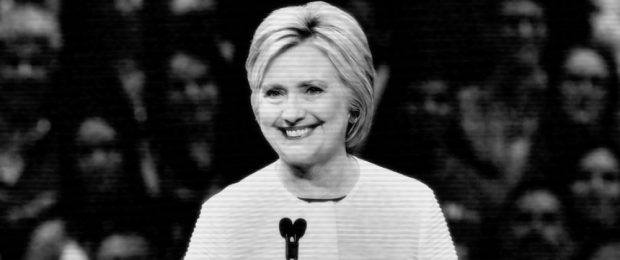#pizzagate | #WhatTheyVotedFor
The underlying question of the #trumpswindle seems at once both straightforward and incredibly twisted. It is, after all, a complicated question of expectation and interpretation, of what one says versus what one means, and it might be that Freud was correct and they’re all hung up on something about their mothers, or maybe object relations subsumes that neurotic array as some primary identification of something having to do with authority accommodated and assimilated. And while it is just as true that the preceding sentence is likely as vapid as it is correct, the simpler expression is that it never really was about all those other things because Donald Trump’s supporters are, at heart, after the thrill of wicked and vicious empowerment, which is the legendary birthright of every superior intellect and conscience.
If it seems really easy to overstate the #trumpswindle, remember why truth is stranger than fiction.
Let us start, then, at Slate, with Ben Mathis-Lilley:
In Florida, meanwhile, the Department of Justice has just announced the arrest of a Tampa, Florida–area woman who—believing, like [InfoWars host Alex] Jones, that the deaths at Sandy Hook were faked—threatened to kill one of the bereaved parents of a Sandy Hook victim ....
The parent in question, Len Pozner, is what New York magazine described in a September piece as “the de facto leader of the [Sandy Hook] anti-hoaxer movement”; he operates an advocacy organization for family members of mass-killing victims who’ve been harassed by truthers and has filed a lawsuit against one prominent Sandy Hook denier for invasion of privacy. Pozner told the magazine that he was actually once an Infowars listener himself before losing his 6-year-old son Noah in Newtown. Said Pozner: “I probably listened to an Alex Jones podcast after I dropped the kids off at school that morning” ....


